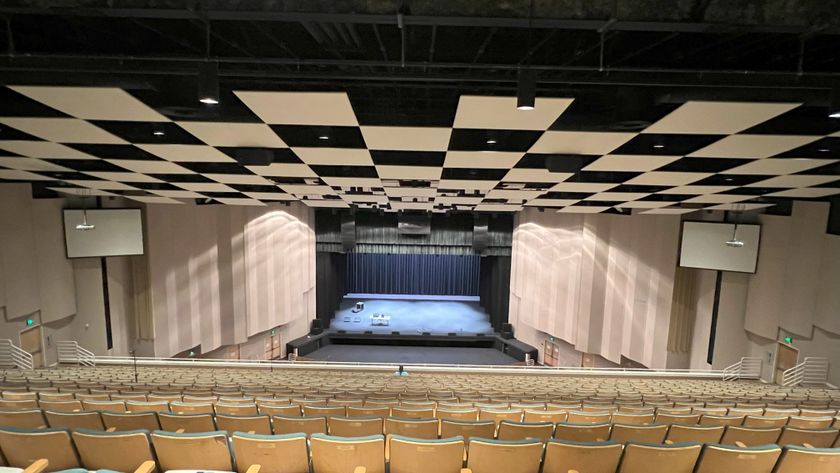This post was originally published on the InfoComm blog.
“You seem to really prefer working with the ____ Rep team. Why is that exactly?”
As a member of a hardware manufacturer, I am part of an elite group. Depending on the economic cycle, product curve, or current trend of the moment, I’m allowed to vent about shifting bid specs, slow payables, having to predict the future of certifications and standards, among other topics. Note that I’m not saying I should; I’m simply highlighting the fact that the way of the manufacturer is oftentimes a trying path. Coming to terms with the reality that your control is limited, and sometimes things happen to you, not because of you, is an important part of coming to peace with the life of a manufacturer.
Here’s one thing I’m not allowed to whine about: dealer loyalty. Make no mistake, it’s a massive disappointment when someone you respect switches a bid to a competitor with no explanation. In fact, many of my industry peers assume that this is simply the way the industry works. Dealer loyalty is considered by many to be a rare element, largely dictated by timing and convenience. Although I’m an optimistic person by nature, I recently realized that I too held some of these perceptions.
It took a casual conversation with a consultant to help me remember that loyalty is something precious that should be given only to those that prove worthy of it, and should be rewarded generously when received.
Why?
A loyal dealer (consultants as well) can see through the rough patches that all manufacturers experience. And every single manufacturer will experience these times of crisis. Dealers that are loyal to your brand feel they’re a part—a stakeholder if you will—of the manufacturer’s culture. Give an entrepreneurially focused businessperson the insight he or she needs to insulate his or her clients from these patches, before they have issues, and you’ve just made him or her a real partner.
Here’s a simple action that can encourage this partnership: don’t hide a known issue from your loyal group, and don’t be afraid to let them know that you don’t have all the answers…yet. Allow them to protect their clients, and even unfortunate product issues can help strengthen a bond with your best dealers.
The question that began this article emerged from the same conversation referenced above during a recent manufacturers rep roadshow. And what was the answer?
“I prefer them because when I need them, they respond. Consistently.”
What is the single trait that a manufacturer (and manufacturers reps as well) can display that will consistently engender loyalty? Responsiveness. Don't just say you’re there as a resource. Prove you care about a dealer’s business by answering the late panicky service call. Put in the extra effort to ensure their bid is rock solid, or help them re-engineer it to ensure their end user is deliriously happy with the end result, even if it drops the profit on the single sale.
Successful dealers and consultants did not stumble into their healthy positions. They think strategically about the products and solutions that will bring them both short and long-term profitability. They typically treat their work as a critical, integrated aspect of their daily life. They’re working hard, oftentimes seven days a week, to specify and sell your solutions. And oftentimes, they want a partner.
So when you can, answer that email sent early Saturday morning by the loyal dealer. And omit the “I’ll do it if there’s a PO attached” attitude while you’re responding. Long-term loyalty is worth so much more than that single purchase order.
Michael Bridwell, is VP of Marketing and Home Entertainment for Digital Projection Inc. Michael serves dual senior-level roles for Digital Projection International, the Emmy award-winning projector manufacturer, as both Vice President of Marketing and VP of Home Entertainment. With more than 15 years of experience creating and directing all aspects of marketing and sales strategy, Michael was attracted to the AV industry through DPI’s fiercely independent, customer-driven culture. Previously, Michael owned and operated a niche marketing consulting company, as well as served pivotal marketing roles in the real estate, textiles, and beverage distribution industries.


